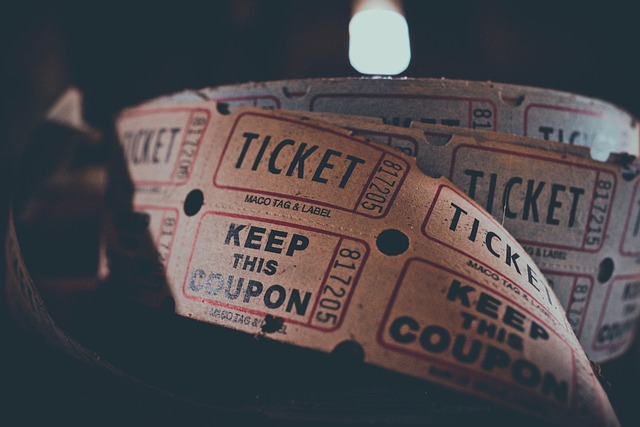The Evolution of Lotteries: A Deep Dive into Gambling History
Throughout history, the allure of lottery systems has captivated societies across the globe. The lottery history can be traced back thousands of years, intertwining with the broader narrative of gambling as a popular pastime. From ancient rituals to modern digital draws, lotteries reflect humanity’s long-standing desire for luck, fortune, and the thrill of chance.
The earliest recorded lottery dates back to 205 BC in China, where it was used to fund major government projects such as the Great Wall. This form of gambling began as a civic duty, offering citizens a means to participate in their society while also giving them the chance to win big. As these early lotteries gained popularity, they set a precedent for similar practices in other cultures, providing a foundation for what would evolve into a global phenomenon.
In ancient Rome, lotteries were used as entertainment during feasts, with wealthy hosts offering prizes to guests who could guess the outcome of games or events. This playful approach to chance created a sense of community, bonding participants through the excitement that only uncertainty can bring. Over time, lottery games began to take on more structured formats, evolving alongside the growing complexities of society.
During the Middle Ages, lotteries took on a more formal role, often funded by monarchs to raise money for public infrastructure and state needs. In 15th century Europe, public lotteries began to emerge, particularly in the Netherlands, where they became a common method to raise funds for local projects. It was during this period that lottery tickets were first sold, granting individuals a tangible means of investing in their dreams of prosperity. The concept of “luck” became deeply entrenched in these practices, birthing a cultural obsession that remains prevalent today.
As the centuries progressed, lotteries underwent significant transformations influenced by societal changes. In the 18th century, the rise of state-sponsored lotteries in America reflected a shift towards gambling as both entertainment and fiscal solution for burgeoning economies. The lottery history of this period highlights the increasing commercialization of chance. Here, lotteries became tools for financial gain, funding everything from universities to roads, cementing their place in the public consciousness.
Interestingly, as governments recognized the revenue potential from lotteries, they began to regulate them more profoundly. By the 19th century, attitudes towards gambling were changing, and many nations imposed strict laws against various forms of betting, including lotteries. Despite this backlash, the appeal of lotteries persisted, leading to clandestine games that thrived outside of law, further weaving gambling into the fabric of societal existence.
The 20th century marked a renaissance for lotteries, with many governments reintroducing them as legitimate sources of income. The establishment of the state lottery system in the United States became a model for how lotteries could serve a dual purpose: providing entertainment for participants while funding essential services. This created the modern-day lottery, an established institution that continues to thrive in various forms around the world, including scratch-offs, multi-state draws, and online platforms.
Today, the evolution of lottery games is propelled by technology and media, significantly altering the gambling landscape. From online betting to mobile apps, the accessibility of lotteries has broadened the reach and appeal of these games. With just a click or a tap, players can enter into the thrilling world of chance from the comfort of their homes, a convenience that has attracted a new generation of players eager to participate in the age-old tradition of seeking fortune through luck.
Through the lenses of history and cultural identity, it becomes evident that lotteries have served multiple purposes beyond mere financial gain. They symbolize hope and possibility, a collective venture into the unknown where dreams are forged. Their rich lottery history reminds us of the timeless human fascination with risk, reward, and the exhilarating excitement that accompanies the gamble. As we look to the future, it’s clear that lotteries will continue to captivate as they adapt to changing technology and cultural norms, ensuring their place in the ongoing narrative of gambling.




